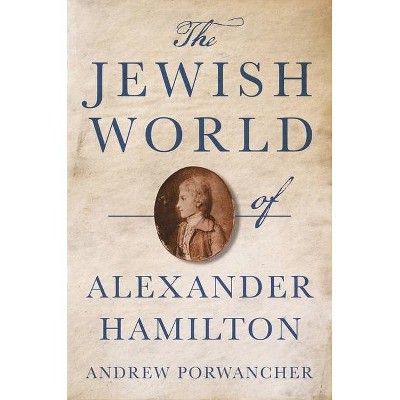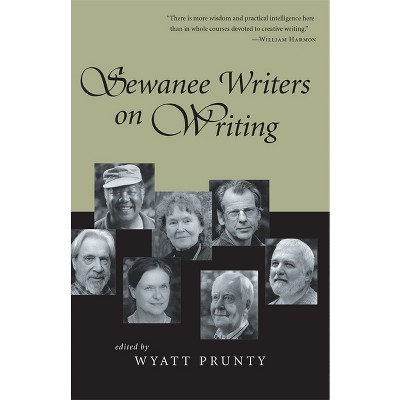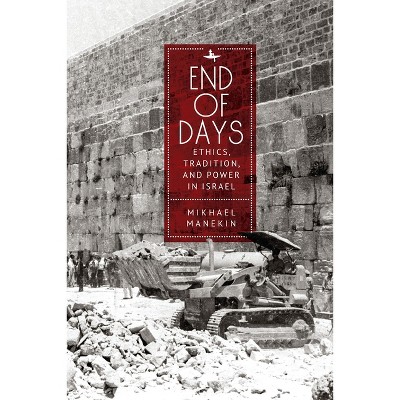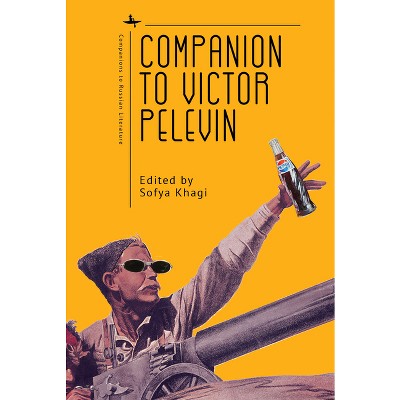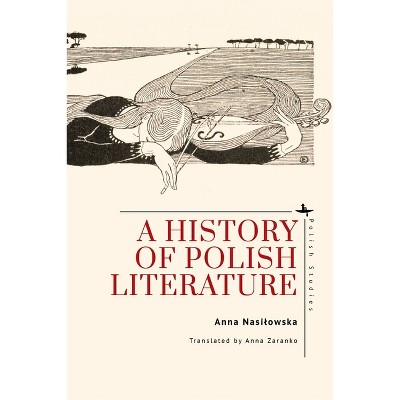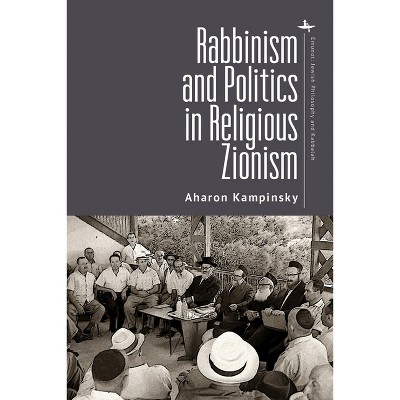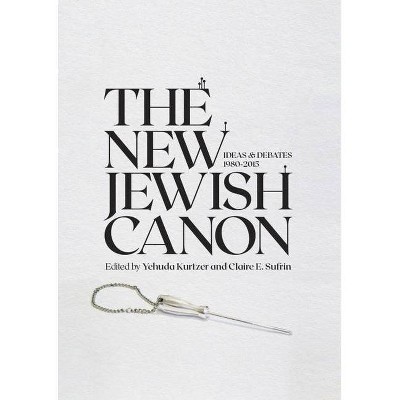Sponsored

Israel's Failed Response to the Armenian Genocide - (Holocaust: History and Literature, Ethics and Philosophy) by Israel W Charny (Paperback)
In Stock
Sponsored
About this item
Highlights
- When the Turks demanded the cancellation of all lectures on the Armenian Genocide and that Armenian lecturers not be allowed to participate, the Israeli government followed suit, demanding the same of the then forthcoming First International Conference on the Holocaust and Genocide.
- About the Author: Israel W. Charny, Ph.D., is an American-Israeli psychologist who lives in the hills of Jerusalem.
- 294 Pages
- Political Science, Genocide & War Crimes
- Series Name: Holocaust: History and Literature, Ethics and Philosophy
Description
About the Book
When the Turks demanded the cancellation of all lectures on the Armenian Genocide and that Armenian lecturers not be allowed to participate, the Israeli government followed suit, demanding the same of the then forthcoming First International Conference on the Holocaust and Genocide. This book follows the author's gutsy campaign against the Israeli government and his quest to successfully hold the conference in the face of censorship.
Book Synopsis
When the Turks demanded the cancellation of all lectures on the Armenian Genocide and that Armenian lecturers not be allowed to participate, the Israeli government followed suit, demanding the same of the then forthcoming First International Conference on the Holocaust and Genocide. This book follows the author's gutsy campaign against the Israeli government and his quest to successfully hold the conference in the face of censorship.
Review Quotes
"In Israel's Failed Response to the Armenian Genocide, Charny... revisits the [First International Conference on the Holocaust and Genocide], attempts by the Foreign Ministry to torpedo it, and issues a scathing indictment of Israel's refusal, then and now, to officially recognize genocidal wars against other peoples. ... [S]erious consideration of Charny's claim - 'the basic and horrendous commonality' in all genocides, including the Armenian tragedy, should override obsessions about uniqueness and a consensus definition of the 'category name' - is as urgently necessary as it has ever been. ... Charny makes a compelling case that the principal reason Israeli leaders opposed the conference was their determination to keep the Holocaust, the 'unbearable cataclysmic tragedy' of the Jewish people, 'at the ultimate untouchable apex of a hierarchy of genocidal suffering... the greatest evil ever seen in human history.' ... Irrepressibly candid and combative at age 91, Charny has thrown down the gauntlet."
- Glenn C. Altschuler, The Jerusalem Post
"Charny, one of the founders of the modern study of genocide and a strong fighter for the Armenians against the denial of their genocide by the Turks, does many things in this relatively short book [including] a denunciation of Israel's support of nations and leaders who have committed genocidal acts. This brilliant book by a scholar and activist ... tells a tale full of flame and fury but with a wisdom accumulated over nearly a century of living the ethics that he upholds-Charny is indefatigable, relentless and humanitarian."
-Jack Nusan Porter, The Jerusalem PostAbout the Author
Israel W. Charny, Ph.D., is an American-Israeli psychologist who lives in the hills of Jerusalem. He was co-founder and then a president of the International Association of Genocide Scholars. He was also the founder and first president of the Israel Family Therapy Association and later president of the International Family Therapy Association. For him, the process of genocide starts with "cultural genocide," especially of dehumanization and attribution of evil intent and destructive power to the victim people. He has openly made a stand against all denials of genocide including the Holocaust and, in particular, the Armenian Genocide, for which he was honored by the Armenian Presidential Gold Medal. He has authored influential books on genocide, including the Encyclopedia of Genocide, Genocide: A Critical Bibliographic Review, and Fascism and Democracy in the Human Mind, each of which were elected "Outstanding Academic Book of the Year" by the American Library Association.
